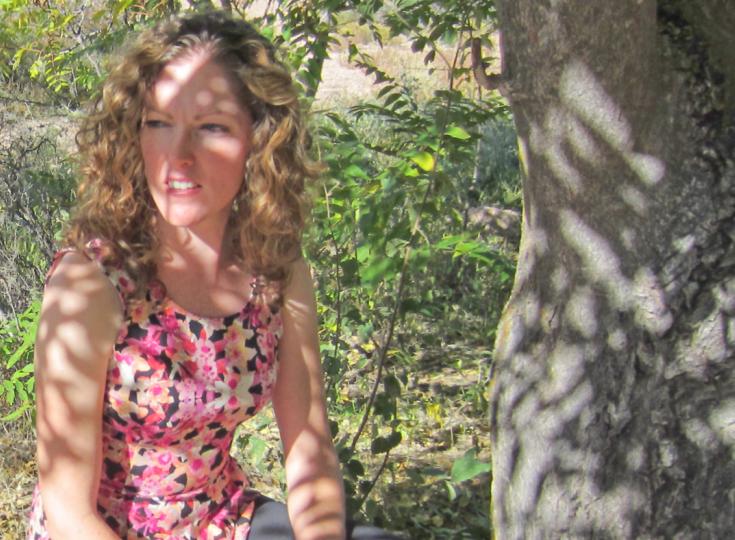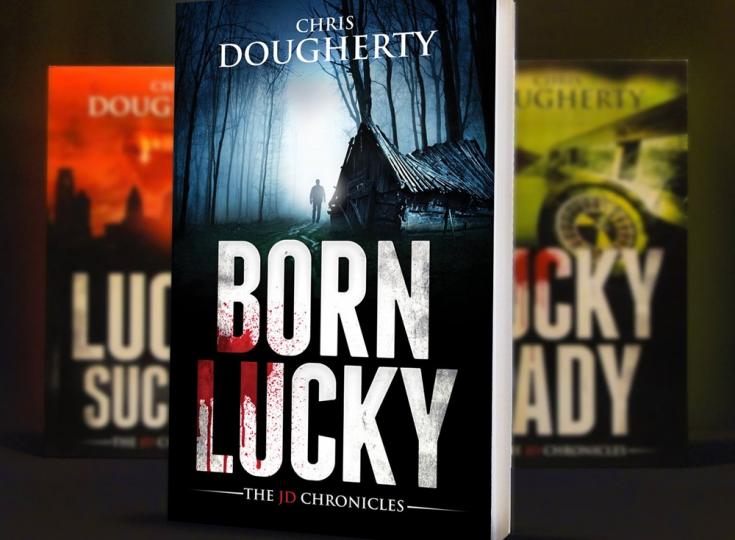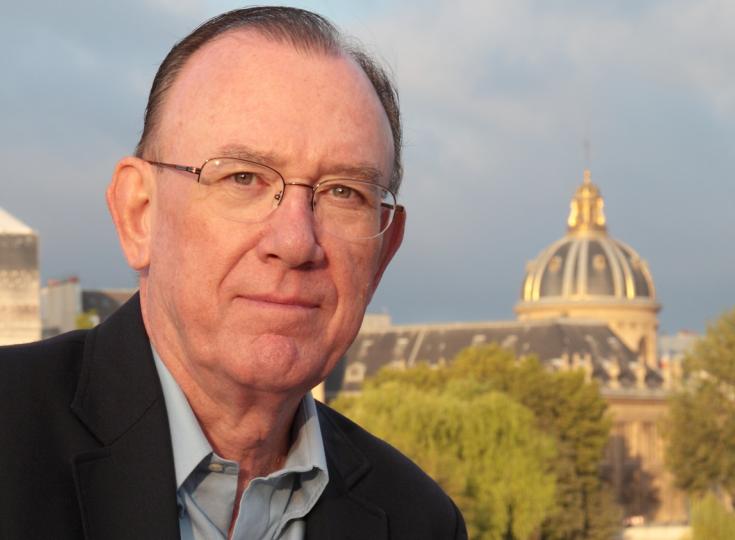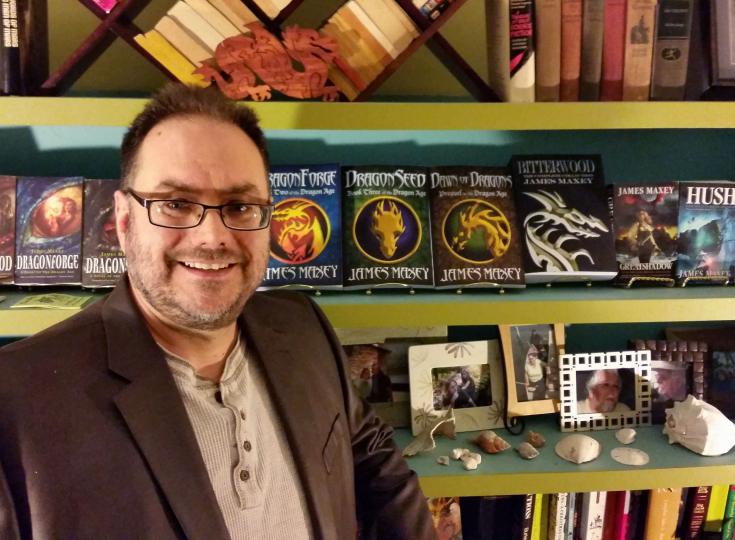Andrew J Chamberlain - A First Contact Adventure Set in the Alpha Centauri System
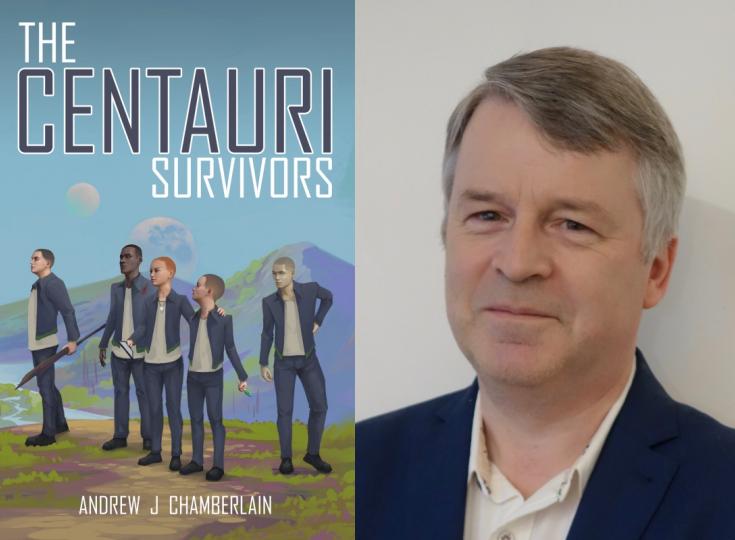
Andrew J Chamberlain is a UK based author and writing coach. He has published books and short stories via the traditional and indie routes, and is the host of "The Creative Writer's Toolbelt", a podcast that gives writers practical advice and encouragement on the craft. In September 2017, he published "The Creative Writer's Toolbelt Handbook" a compilation of the very best advice and insight from dozens of professional writers, artists, and editors, from the podcast. His latest novel, published in July 2019, is "The Centauri Survivors", a first contact adventure set in the Alpha Centauri system. As an international trainer and speaker, Andrew has supported authors of all ages from eight to eighty-eight, to be better writers and produce great work.
Please give us a short introduction to what The Centauri Survivors is about.
The novel is based on the premise that in the next few years humanity will discover an exoplanet in a nearby star system that could sustain human life. When that happens there will be a race to reach that planet, and knowing the way us humans are, if we can reach it we will want to own and control it. It’s going to bring out the best and worst of us, with all our imagination, ingenuity, selfishness, and ambition.
The novel explores what might happen when we reach that planet, what that planet might do to us, and what we might do to each other when we get there.
What inspired you to write about a habitable planet that is discovered just four light-years from Earth?
The nearest star to our sun is four light-years away, so that’s the significance of that distance. And it’s not just one star; it’s a cluster of three stars, which together are called the Alpha Centauri system. We now know that some planets exist around the stars in that system, and with the advancements in astronomy planned for the next few years, I believe more will be discovered.
Finding and then reaching a habitable planet is the kind of prize that excites wonder and ambition in humanity. It’s only been twenty-five years since the first confirmed discovery of an exoplanet, now over 4,300 of them have been documented, of which 20 to 30 might be habitable.
Why Sci-Fi? What drew you to the genre?
I have always felt a sense of wonder when I look up at the stars, the sense of the potential and grandeur in the vastness of space, that’s what drew me to the genre and it’s stories that explore that vastness that still draw me now.
The perfect complement for that setting is another kind of exploration, that’s the nature of humanity, and the way people engage with the universe, each other and the potential for alien life. Science fiction is the perfect context in which to explore the question “who are we as a race?” or even more personally “who am I?”.
How much research did this book require from you to make the science-part of it ring true?
I had to do quite a bit over research over a number of years. The book took about five years to write, and over that time I had to explore a variety of research areas including the latest thinking on the nature of the Alpha Centauri system, the way in which exoplanets are identified and classified, and how we might reach them. Then there was some research to do on the new planet itself, its composition, gravity, temperature, geology and geography, and the likely flora and fauna that might exist there. Finally, I had to think about the civilization my characters encounter there. What would their science, technology, and culture be like? How could it be identifiable to us and yet also alien?
Why did you pick Alpha Centauri?
Around the time I was creating the plot there was some speculation around the discovery of a planet around the star Alpha Centauri ‘B’. For that reason, and the fact that this is the closest star system to us, I chose this as the location. The basis story could work equally as well in one of any number of nearby star systems.
Which of your characters was the most challenging to create?
My protagonists were all aged between 13 and 17, and so I felt the challenge of all of them being different from me in terms of age. One of them was female so that was another step as well, but I think the biggest challenge was the Chinese character, Chi Ping. I was really conscious that I needed to show respect in the representation of another race and culture, and I worked with a Chinese acquaintance to try and achieve that objective. This is a big debate, not just in literature but more widely in our culture at the moment. I think writers should write ‘the other’ whoever that may be, but they have to do it with an awareness of what they are writing, and with respect.
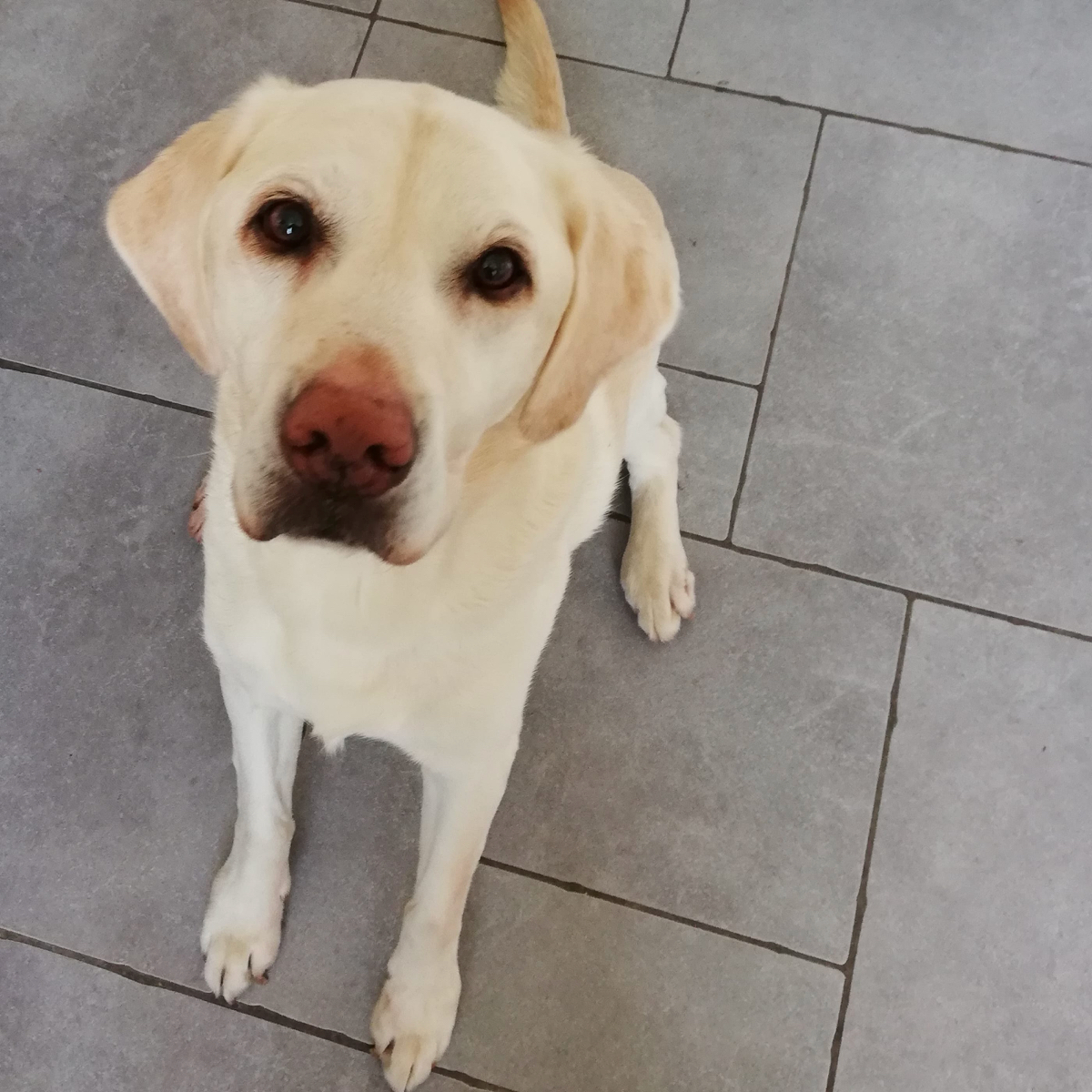
Is there an underlying message you wish to relay about basic human nature through your characters?
There are probably a number of messages in the book, but I try not to take a didactic approach; this book is firstly a story, an entertainment, not a moral lecture. But there are themes that come through. One is the fact that humans are complicated, not just good and evil, most of us are subtler than that. I also hope that an exploration of how humans might treat another planet might also say something about how we treat our own planet Earth.
Besides writing, what other secret skills do you have?
For six years I ran a podcast called “The Creative Writer’s Toolbelt”. The aim of the podcast was to provide practical, accessible advice to writers. I started it to teach myself some of this stuff as much as explain it to others and I enjoyed running it, including the opportunity to interview professional writers, editors, and agents.
Tell us more about the cover and how it came about.
I worked on a number of iterations with my designer, and the final cover contains a number of clues as to what is going to happen in the book, and what encounters my protagonists will have. It also contains some subtle clues about how these characters relate to each other.
You have published books and short stories via both the traditional and indie routes. Which do you prefer?
The indie route gives you more control but there is no doubt that it is more expensive up front and so more of a risk, because you have to pay for editing and cover designs, and there’s some work to do in terms of learning how publishing works, including the complex subject of book marketing. The traditional route is easier in that respect, but the commission rates are lower and you are licencing your ideas, your IP, to someone else.
When starting on a new book, what is the first thing you do?
I always need to start with either an interesting idea or an authentic character. So for example, the idea of exploring the stars is an okay; but exploring the stars whilst being chased by a deadly enemy, or with someone who you love but might not love you, those ideas are more interesting.
In the same way, creating a character that is purely good or evil is quite boring. Creating a character with something to hide, or a character wrestling with something: duty versus love for example, or self-confidence, self-sacrifice versus selfishness, these make the character more interesting.
I have to ‘believe’ in the character or be intrigued by the story for it to work.
Do you have any interesting writing habits? What is an average writing day like for you?
I subscribe to the idea that a story or a character already exists in its perfect, most authentic form. The writer’s job is to discover that story, that character. The author Stephen King compares this process to the skills of the archaeologist, carefully unearthing a fossil. So one of my habits is to talk to my characters, to question them, and the most common questions I ask my characters are: “who are you?” and “what do you want?” Sometimes it can turn into an argument if they’re not being cooperative!
What are you working on right now?
I am preparing to republish a Christian supernatural thriller that I wrote 20 years ago called ‘Urban Angel’, it features angelic beings but in a very contemporary urban setting. I am re-launching it because I now have a sequel to go with it. Those will be out in early 2021.
I’m also working on the plot for a sequel to “The Centauri Survivors” and I am having some debates with characters old and new about what mischief they’re going to get up to in that story.
Where can our readers discover more of your work or interact with you?
Writers who are interested in the podcast can just look up “The Creative Writer’s Toolbelt”, there’s also a companion handbook available that contains all the best advice and insight I gained from doing the podcast. People who are interested in my other work or want to find out more about me can check out my website at www.andrewjchamberlain.com
